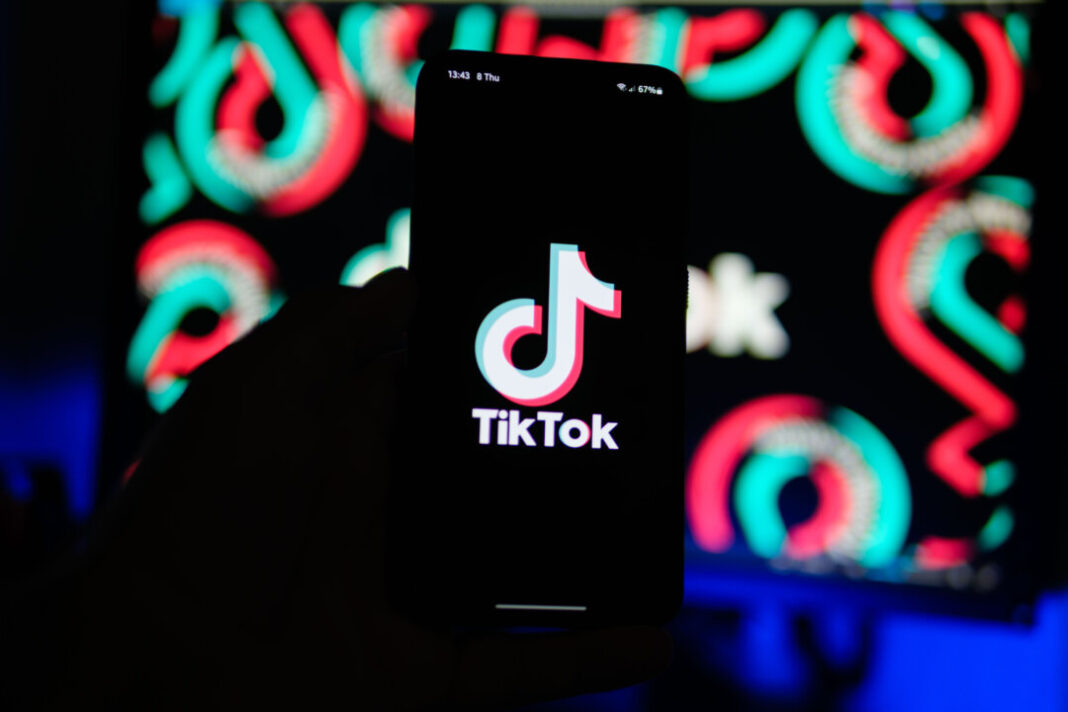TikTok and parent company ByteDance on December 9 asked a court to grant a crisis stay on the law, which would have barred TikTok from promoting or joining forces with a non-foreign rival-owned company until January 19, 2025. Will be required. United States of America.
A 3-judge panel of the U.S. Court of Appeals for the District of Columbia halted the 270-day sell-or-ban countdown that protected American citizens from international rival Managed Package Office, which the petitioners had filed. Was declared unconstitutional.
The petitioners argue that without a crisis injunction to ban the law until the U.S. Supreme Court reviews the case, they would have to shut down one of the country’s most popular speech platforms — with its more than 170 million domestic users. For monthly users. “The eve of the presidential inauguration.”
TikTok is additionally banking on newly elected President Donald Trump potentially having another position in mind.
“And an injunction is particularly appropriate because it will give the incoming administration time to determine its position – which can consider both imminent harm and the need for Supreme Court review,” the petition says.
During Trump’s first leadership, he signed an executive order banning TikTok, which was never stopped because it was challenged and frozen at administrative boxes. The Biden leadership picked up where the Trump leadership left off and held dozens of ongoing meetings with TikTok and ByteDance employees aimed at finding a strategy to mitigate divestment, a national security issue.
During his campaign for a second term, Trump said that he did not support a ban on TikTok. In interviews, he mentioned that he would be able to facilitate the sale of TikTok to an American company.
The petitioners now argue that the law’s 270-day deadline required TikTok to demonstrate that the national security opportunity was not “imminent” and would not be affected by that countdown injunction or the game.
The petitioners described the app as “one of the most important speech platforms in this country” and argued that the chances of the Supreme Court accepting the appeal were top notch.
TikTok’s case has raised concerns about First Amendment rights, arguing that the law violates the self-governance of consumers’ voices. The US government has argued that the law does not deal with content or voices, only those in the possession of a foreign competitor. Some supporters of the law favor a sale of TikTok rather than shutting down its operations, although ByteDance has argued in court filings that Beijing would not allow the sale, making the law effectively a ban.
The app also faces complaints in Canada and France, several of which allege accidents involving minors and violations of child coverage rules.


